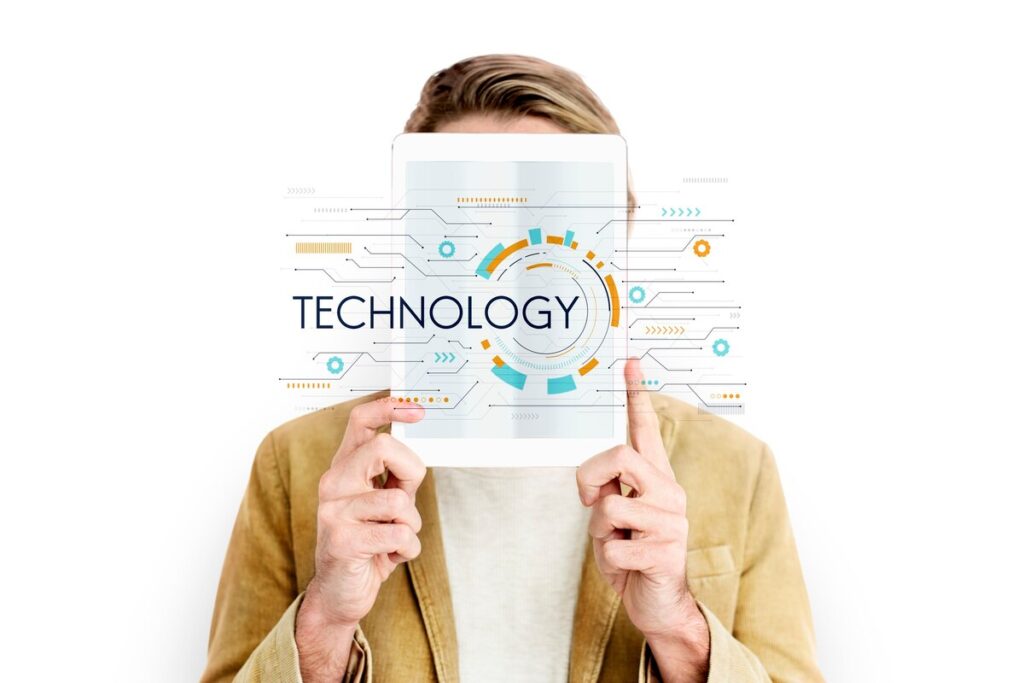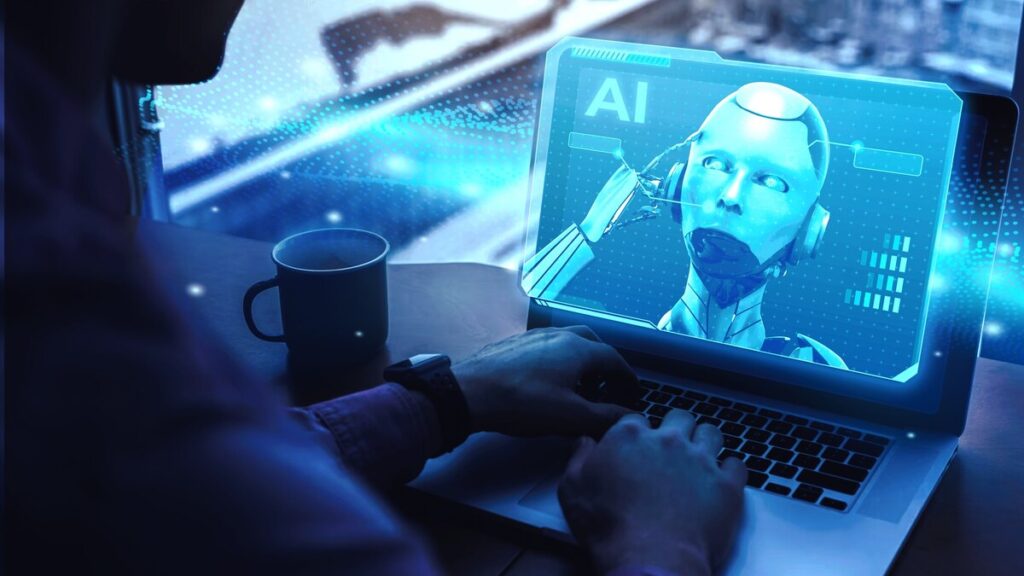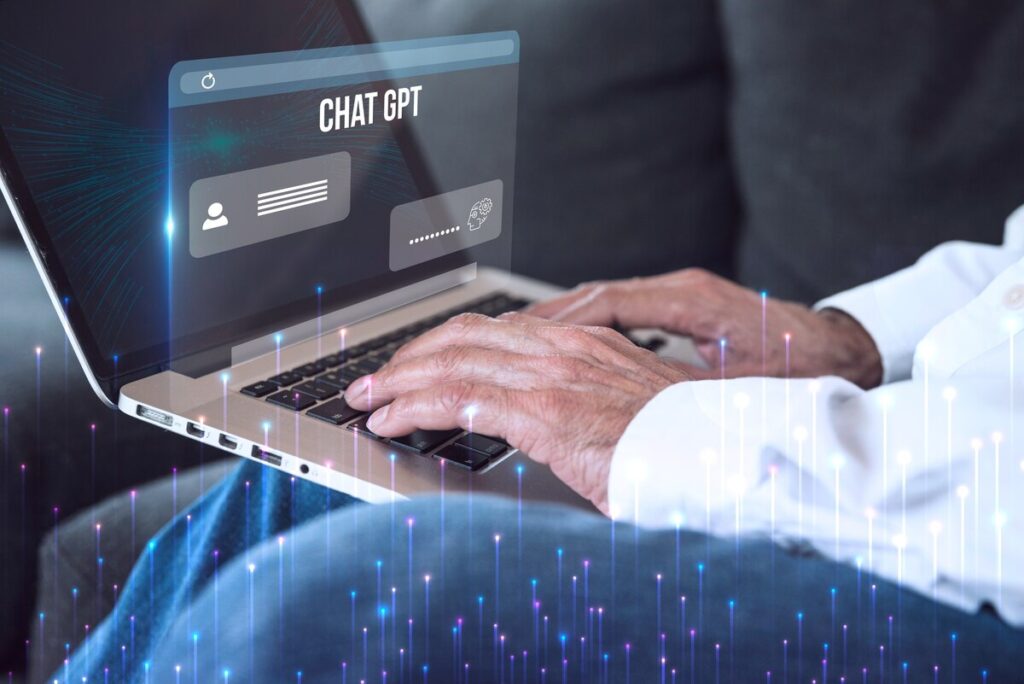AI has gone from science fiction to a disruptor of society. When AI entered real life from fiction and movies, it changed. Dartmouth Summer Study Project 1956 was a turning point in AI research. AI’s impact on society will accelerate over the next five years, causing unprecedented changes and issues. Let’s answer What Will Be The Future Of AI in The Coming Future?
AI’s Impact On Society
The 1956 Dartmouth Summer Research Project changed artificial intelligence. It turned science fiction into a discipline of study. This Project, directed by John McCarthy, introduced “artificial intelligence“. It was also crucial in organizing AI professionals. AI development was problematic from the start since hype outpaced technological competence. In the late 20th century, IBM’s Deep Blue defeated Gary Kasparov significantly.
This remarkable triumph changed chess history and crossed a barrier. Previously, only science fiction included machines. Now, they exist. AI flourished when Moore’s Law promised “big data” and exponential computer power expansion. AI may now go through massive volumes of data and learn human-only tasks.
The results of this machine rebirth can be seen and felt today. Voice assistants like Alexa, recommendation engines used by sites like Netflix, and the first steps self-driving cars take all show how AI affects our daily lives. However, even more significant changes will happen in the next five years.
Increase In The Speed Of Life
A noticeable rise in the frequency of interactions with these institutions can be seen as AI continues to be used in the decision-making processes of big companies. When businesses, government agencies, and groups deal with many people daily, they need to use AI to make decisions faster. The result is a world where life moves faster because AI-driven systems make many choices quickly. This speed-up changes how people deal with these things, bringing about a time of greater efficiency.
Ethical Challenges: The End Of Privacy
One of the biggest problems people will have to deal with is how robust AI systems destroy privacy. As these systems learn more about people than they know about themselves, the moral obligation to protect privacy is scrutinized. In the next five years, getting into personal information for less money will become easier. This will make privacy less safe. What people once thought was a social duty could be a technical problem that kept people from fully sharing personal information.
Regulatory Environment
As AI becomes more popular, countries worldwide seek ways to regulate its use. New AI rules are being written, implemented, and enforced at all levels of government, from the local to the national to the global. There will likely be a lot of complicated AI laws in the United States alone as city, state, and federal governments try to figure out how to follow the rules for this quickly changing technology. Regulatory changes will make things harder for businesses using AI, adding to the already complicated web of legal issues that must be considered.
Human-ai Teaming
People fear AI; the only way to eliminate that is for humans and AI to work together. Instead of seeing AI as a threat to human survival, people are more interested in using AI to make humans smarter. AI will likely be utilized as a partner by businesses and governments, working with people to reach their goals. This method focuses on keeping people involved in processes greatly affected by AI while acknowledging the psychological effects of how AI is portrayed in science fiction. Teaming up humans and AI becomes essential to deal with and ease social worries.
Ai’s Impact On Industries
Education
Artificial intelligence is also changing the way we learn. In five years, students can expect a personalized learning experience where they will get training and teaching materials specific to their needs. AI programs will figure out the best ways to teach, considering different ways of learning. By 2028, the school system might have changed so much that it’s hard to tell from the old ways of doing things.
Healthcare
AI is about to become a standard tool for doctors and physician assistants who do medical work in the healthcare field. Adding AI is supposed to make it easier for doctors to make correct decisions. But this growth comes with its problems, especially regarding the sensitive nature of patient data and how hard it is to understand the laws that protect it. This could make the medical-legal system more complex and cause healthcare workers to pay more.
Finance
Natural language processing and machine learning create AI that is meaningful in banking. Banks, financial advisers, and advanced robots will be able to connect with customers more effectively in various situations, such as checking credit scores, finding scams, making financial plans, dealing with insurance issues, and providing customer service. AI systems will also be critical in making investment plans for big players more complex and quick to carry out.
Law
AI is becoming more critical in law, meaning the area is about to change. Fewer people may work in small and medium-sized law firms because small teams working with AI systems can do jobs more quickly and cheaply. Chatbots that AI powers can already outline laws that apply and write contract terms. The number of human lawyers in the U.S. could drop significantly by 2028 if AI development keeps going according to plan.
Transportation
Soon, self-driving cars will be used by most people, which will cause a change in the transportation industry. Automobiles that drive themselves will change how we travel in many ways, from personal cars to business trucks and spaceships. One of the most obvious signs that we have arrived in the age of AI is the move toward transportation that AI runs.
Conclusion
Over the next five years, we will explore AI’s cutting edge. The coming together of technology and society brings both opportunities and problems. AI significantly impacts everything from speeding up the decision-making process to changing whole businesses. To move forward, we need to not only accept technical progress but also deal with the moral, legal, and social issues that arise from the development of artificial intelligence. As AI becomes increasingly a part of our daily lives, we must be careful and work together to ensure that people and AI can live peacefully in the future. Hope you got your answer to the question- What Will Be The Future Of AI in The Coming Future? Read More Articles Here.





